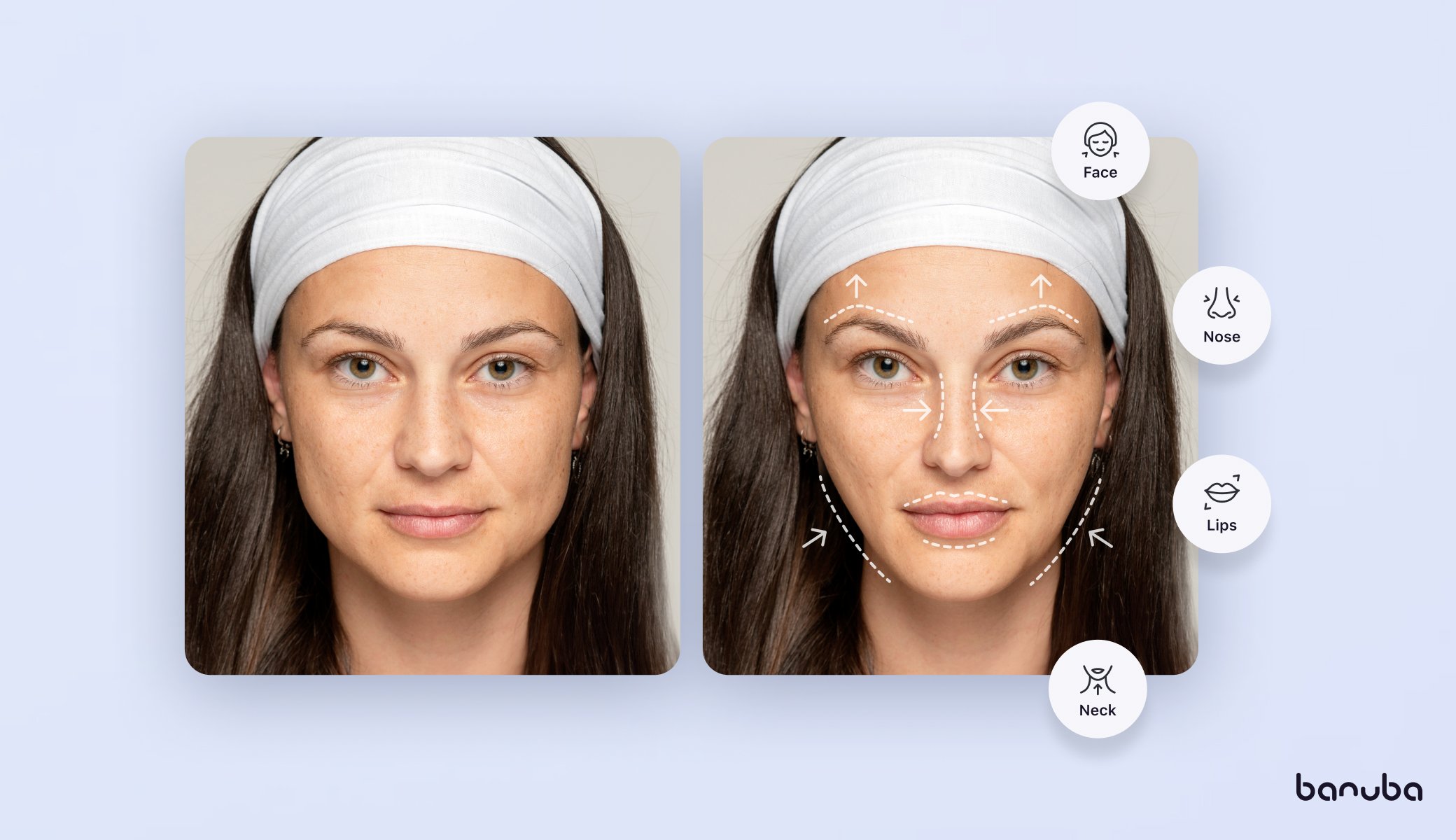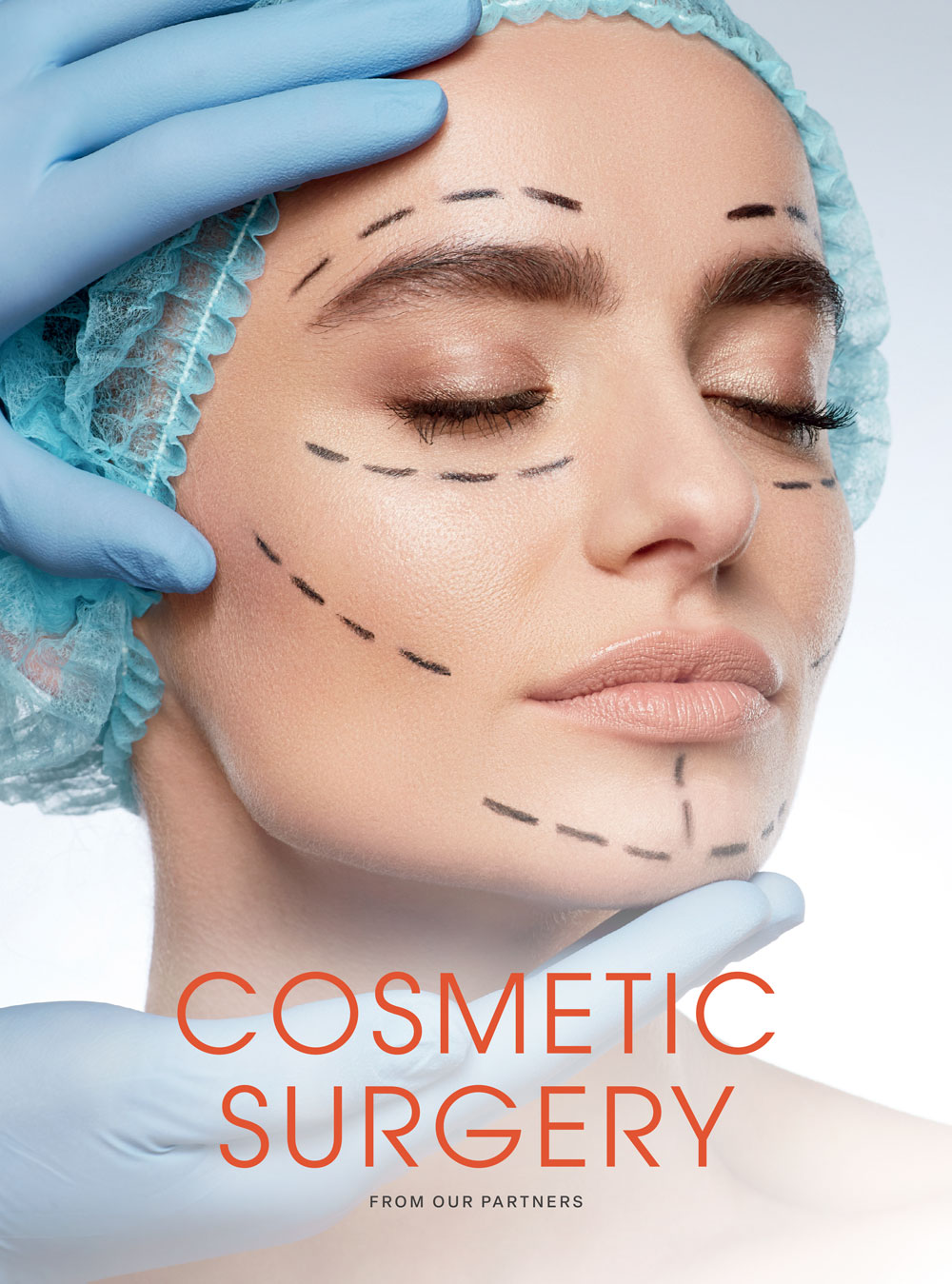Checking Out the Psychological and Social Elements That Drive People to Think About Plastic Surgery as a way of Enhancement
The choice to go after plastic surgery frequently prolongs beyond plain looks, linking with social and psychological characteristics that warrant complete evaluation. Aspects such as self-confidence, pervasive societal charm criteria, and the prevalent influence of social media assemble to shape individual inspirations for surgical improvement. As these influences become significantly famous, comprehending the underlying social and emotional contexts is important. What stays to be checked out is the profound effect these elements have not just on individuality however additionally on broader societal standards and values bordering appeal and acceptance.
The Role of Self-worth
Self-esteem substantially influences an individual's decision to seek plastic surgery. Individuals with low self-worth frequently view themselves in an adverse light, resulting in sensations of insufficiency regarding their physical appearance. This adverse self-perception can drive them to look for medical interventions as an approach of enhancing their self-image. The wish for enhancement in one's appearance is often connected to a belief that such changes will boost their general self-regard and confidence.
:max_bytes(150000):strip_icc():focal(745x123:747x125)/botched-plastic-surgery-drunk-surgeon-tout-010424-1d80c7b734e942eb8f0953dc13be8ee0.jpg)
Ultimately, the role of self-worth in the decision-making process relating to cosmetic surgical procedure highlights the complicated interaction in between body picture, individual satisfaction, and mental wellness. Understanding this relationship is important for healthcare experts to make sure that people are making educated choices rooted in reasonable assumptions and psychological well-being.
Societal Charm Specifications
Influenced by pervasive media portrayals and cultural stories, societal appeal standards play an essential role in forming individuals' understandings of their very own bodies. These standards are commonly defined by an idealized form of appeal that highlights qualities such as proportion, youthfulness, and slimness. As these perfects are continued through different networks, including tv, film, and marketing, people often internalize these messages, bring about frustration with their natural appearance.
The implications of these social norms prolong past aesthetic preferences; they can affect self-confidence, psychological health and wellness, and interpersonal relationships. People who regard themselves as dropping short of these criteria may experience sensations of inadequacy, motivating a need for plastic surgery as a way of attaining societal authorization. This pursuit is often sustained by the belief that adapting these ideals will boost not only physical look but additionally social standing and personal fulfillment.

Impact of Social Media Site
The impact of societal beauty criteria is further intensified by the rise of social media platforms, where curated pictures and idealized depictions of elegance are common. Individuals are continuously exposed to filteringed system and modified pictures, which typically show unattainable physical characteristics. This direct exposure grows a culture of comparison, leading people to analyze their own appearance versus these commonly impractical benchmarks.
Social media site influencers and celebrities regularly advertise cosmetic treatments, stabilizing the concept that surgical improvements are a sensible ways for achieving social ideals (plastic surgery rancho cucamonga). The visibility of these improvements can create an understanding that going see here through plastic surgery is a conventional practice, thereby affecting people to consider comparable interventions as a path to boosted self-worth and social acceptance
In addition, the interactive nature of social networks permits immediate feedback via likes and comments, even more reinforcing the wish to satisfy preferred appeal standards. Such communications can worsen feelings of inadequacy and drive individuals towards cosmetic surgery as a way of obtaining recognition. Inevitably, social networks plays an essential function in forming perceptions of charm, which substantially impacts the decision-making processes surrounding cosmetic surgery.

Cultural Point Of Views on Appearance
Throughout various cultures, perceptions of appearance are deeply rooted in historic, social, and economic contexts, shaping individuals' views on beauty and desirability. In numerous cultures, appearance functions as a substantial pen of identity, affecting social standing, specialist possibilities, and personal partnerships. As an example, in some cultures, light skin is typically connected with wide range and advantage, while others might idealize darker complexion as signs of strength and credibility.
Additionally, typical charm standards are usually perpetuated via cultural stories, media depictions, and household influences, bring about differing ideals across different areas (plastic surgery rancho cucamonga). In Western societies, the emphasis on youth and physical conditioning typically drives individuals toward aesthetic enhancement, while in certain Eastern cultures, even more refined changes straightened with conventional aesthetic appeals may be preferred
Globalization and the expansion of electronic media have further complicated these characteristics, developing a hybridization of charm ideals that transcends geographical borders. As individuals increasingly navigate these social narratives, the pressure to satisfy details appearance requirements can cause the wish for plastic surgery, showing an intricate interplay of personal aspirations and cultural values. Recognizing these cultural perspectives is vital in attending to the inspirations behind cosmetic surgery considerations.
Psychological Influences of Cosmetic Surgery
Several people seeking plastic surgery report experiencing extensive psychological impacts that can substantially change their self-perception and emotional wellness - plastic surgery rancho cucamonga. The wish for physical enhancement often stems from underlying problems such as low self-esteem, body dysmorphic disorder, or societal pressures concerning elegance criteria. For some, the prompt post-operative phase can cause a short-lived increase in self-esteem and satisfaction with their appearance, cultivating a feeling of empowerment
Nonetheless, these positive sensations might not be sustaining. Research study shows that while some patients experience enhanced self-esteem, others may deal with heightened stress and find out this here anxiety or depression if their expectations are not satisfied. This discrepancy can arise from impractical ideals perpetuated by media depiction and cultural narratives surrounding charm.
Furthermore, the mental implications of plastic surgery prolong past the individual. Relationships with household and pals might be strained as social characteristics change, leading to feelings of isolation or alienation. Eventually, the psychological influences of plastic surgery are complex and complicated, requiring cautious factor to consider by both potential people and doctor to make sure enlightened decision-making and practical expectations.
Verdict
To conclude, the decision to go after cosmetic surgery is dramatically affected by a mix of self-esteem problems, societal charm criteria, and cultural viewpoints on look. The pervasive reach of social media better aggravates these pressures, promoting unrealistic perfects that individuals usually aim to obtain. Recognizing these emotional and social variables read more is crucial for dealing with the motivations behind plastic surgery, highlighting the need for a more nuanced discussion surrounding appeal and self-acceptance in contemporary society.
The choice to pursue cosmetic surgery usually extends past mere looks, intertwining with social and psychological characteristics that merit extensive exam. Inevitably, social media plays a crucial function in shaping perceptions of beauty, which substantially affects the decision-making procedures surrounding cosmetic surgical treatment.
As people progressively navigate these cultural stories, the stress to adhere to particular appearance requirements can lead to the desire for cosmetic surgical procedure, showing a complicated interaction of individual ambitions and cultural worths.In verdict, the choice to pursue cosmetic surgery is dramatically influenced by a mix of self-esteem concerns, societal beauty criteria, and social viewpoints on look. Understanding these psychological and social factors is necessary for attending to the motivations behind cosmetic surgical treatment, highlighting the demand for an extra nuanced conversation bordering beauty and self-acceptance in contemporary society.